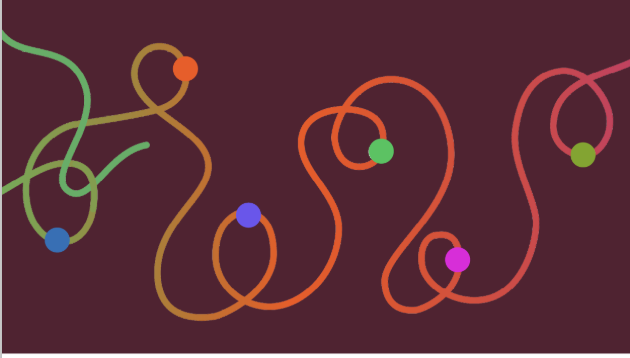About the Case Study
This case study explores an AI initiative focused on Kenyan Sign Language (KSL) and digital inclusion, driven by research from Maseno University. It highlights the challenges faced by deaf students in higher education due to communication barriers and the invisibility of KSL in the digital age. The project emphasizes community-centered design, participatory language mapping, and ethical data collection to develop a text-to-avatar translation system. This system aims to provide educational access, facilitate family communication, preserve KSL culture, and empower deaf individuals economically and socially, demonstrating how AI can serve linguistic justice.

